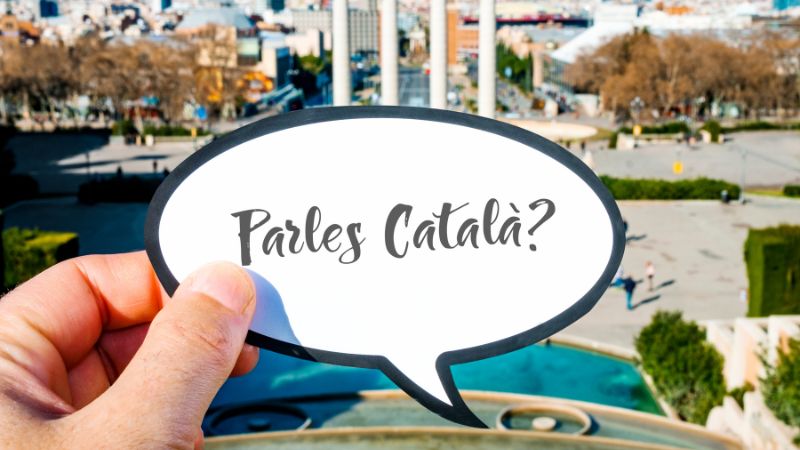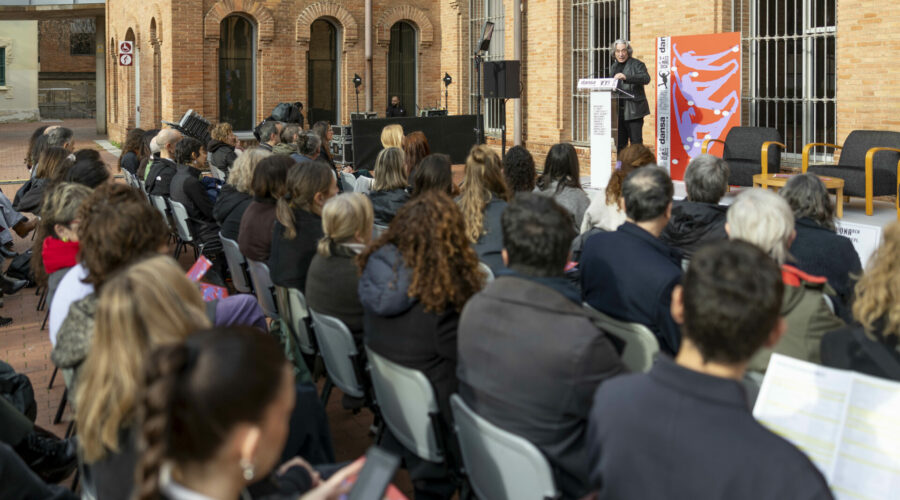The question of language in Catalan healthcare has been a controversial issue for years. As the Generalitat intensified its efforts to promote the use of Catalan in healthcare, doctors and nurses strongly opposed this measure in 2009. However, in 2022, the Govern announced an ambitious plan to promote Catalan at all levels, including health. What does this mean for healthcare professionals and patient care?
 The Resurgence of the Promotion of Catalan in Healthcare
The Resurgence of the Promotion of Catalan in Healthcare
For years, Catalan healthcare resisted the drive to make Catalan the predominant language in the medical field. In 2009, the Generalitat, under a tripartite government composed of PSC, ERC and ICV, passed a resolution to intensify the use of Catalan in healthcare. Despite receiving the support of CIU, doctors and nurses opposed this measure, calling it “counterproductive” and a “political strategy”. As a result, the initiative failed and social reality prevailed.
The Turn of Events in 2022
However, the situation began to change in early 2022 when the Govern announced a comprehensive plan for the promotion of Catalan covering all levels, including healthcare. This plan was based on the National Pact for the Language, an agreement that sought to promote the use of Catalan in all social spheres. This broader approach seemed to indicate a new effort to bring Catalan into health care.
A New Plan to Guarantee the Knowledge and Use of Catalan in the Health Care System
The President of the Government of Catalonia, Pere Aragonès, recently announced that a new plan is being finalized to guarantee the knowledge and use of Catalan in the health system. The main objective is to “reinforce in a very significant way the offer of training in the Catalan language” aimed at healthcare personnel. Aragonès stressed the importance of “everyone being able to be attended to in Catalan”, even those health professionals who do not have Catalan as their mother tongue and lack sufficient knowledge to communicate in this language.
Government sources revealed that training courses for new professionals will begin soon and will be held during working hours to facilitate their participation. These courses will have a duration of approximately 100 hours.
Challenges at a Time of Health Professional Shortage
This new attempt to promote Catalan in the public healthcare system comes at a time when the healthcare community is facing a critical shortage of professionals. The COVID-19 pandemic aggravated this situation, and the Generalitat had to hire 1,400 nurses from Andalusia, Ceuta and Melilla in the last two years. Although the Catalan healthcare system welcomes these professionals with open arms, some of them consider this gift as “something poisoned”, as they expressed in statements to ABC.
The challenge of promoting Catalan in Catalan healthcare is a complex issue that has generated debate and controversy for years.
In Catalonia, proficiency in the autonomous language, in particular level C, has become an essential requirement for access to a position in the public health field. However, this approach has raised questions and concerns about how to balance the promotion of Catalan with the need to provide effective and accessible health care for all citizens. In this article, we will explore the role of Catalan in Catalan healthcare and how this debate continues to evolve.
The Value of Effective Communication in Health Care
While the Catalan requirement may be an important aspect of Catalan healthcare policy, many recognize that effective communication is essential in medical care. Union sources have emphasized that, despite the need for knowledge of Catalan, common sense and effective communication between the health professional and the patient prevail in the medical practice. The most important thing is for the patient to be able to clearly express their symptoms and concerns, and this is often best accomplished in the language in which you are both most comfortable.
The Risk of Linguistic Imposition in the Healthcare Sector
Although Catalan is an integral part of Catalonia’s cultural identity and its preservation is important, there is a potential risk when it comes to imposing linguistic restrictions in the field of health. Union sources warn of the risk posed by any linguistic imposition that could distort communication between the healthcare professional and the patient. Ultimately, the priority must be the quality of medical care and mutual understanding between medical staff and patients.
Reinforcement of Catalan in Education
The president of the Government, Pere Aragonès, has also announced measures to strengthen Catalan in education. This includes additional training for school and high school teachers in the area of language usage. In addition, there are plans to expand the number of reception classrooms for the newly arrived population in Catalonia. These efforts reflect Catalonia’s commitment to the promotion and teaching of Catalan in education.
Catalan in the University and Research
The Department of Research and Universities is also working on a plan to strengthen the Catalan language in the university and research system. The objective is to advance towards the full normalization of Catalan at the university and to use it as a vehicular and teaching language. These efforts are aimed at further consolidating the presence of Catalan at all levels of higher education.
In addition, efforts to strengthen Catalan in healthcare, education and research reflect Catalonia’s continued commitment to its language. The relationship between Catalan and health care will continue to be an important topic of public and political debate in the coming years.


 The Resurgence of the Promotion of Catalan in Healthcare
The Resurgence of the Promotion of Catalan in Healthcare
